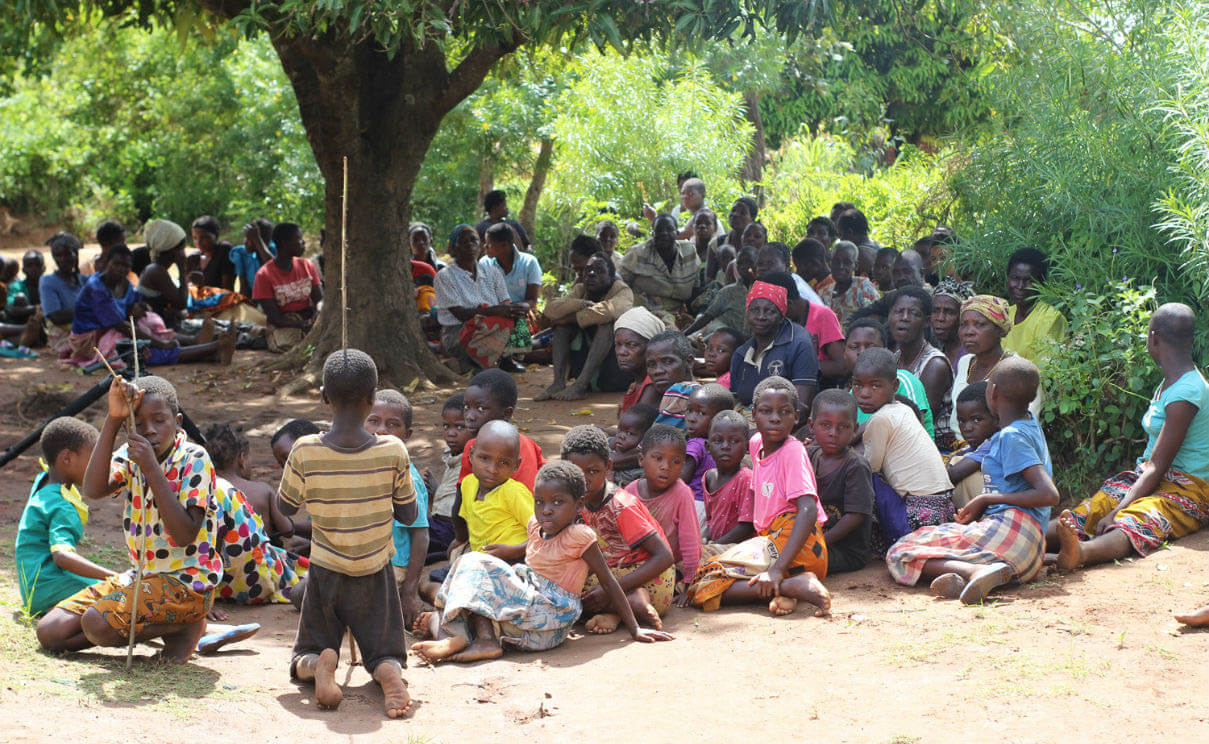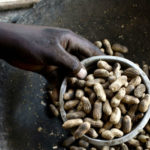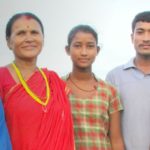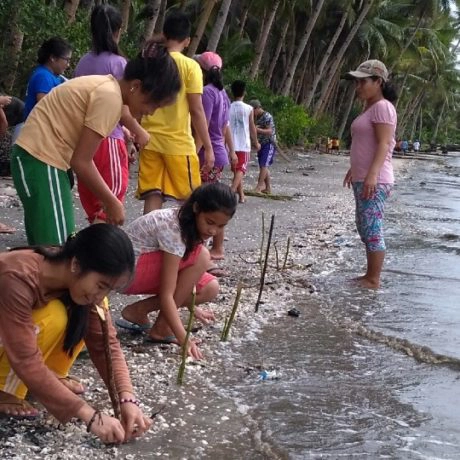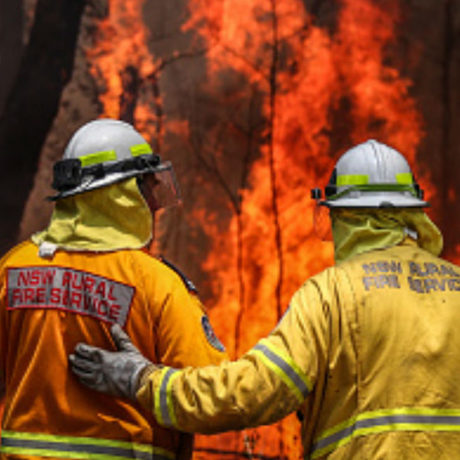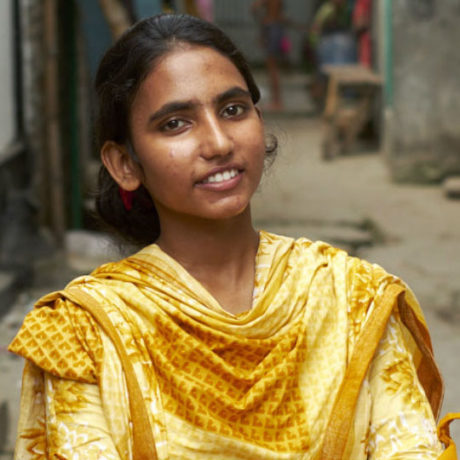News and Stories - Climate Change - 28 March 2019
Cyclone Idai Climate change is already showing its bias
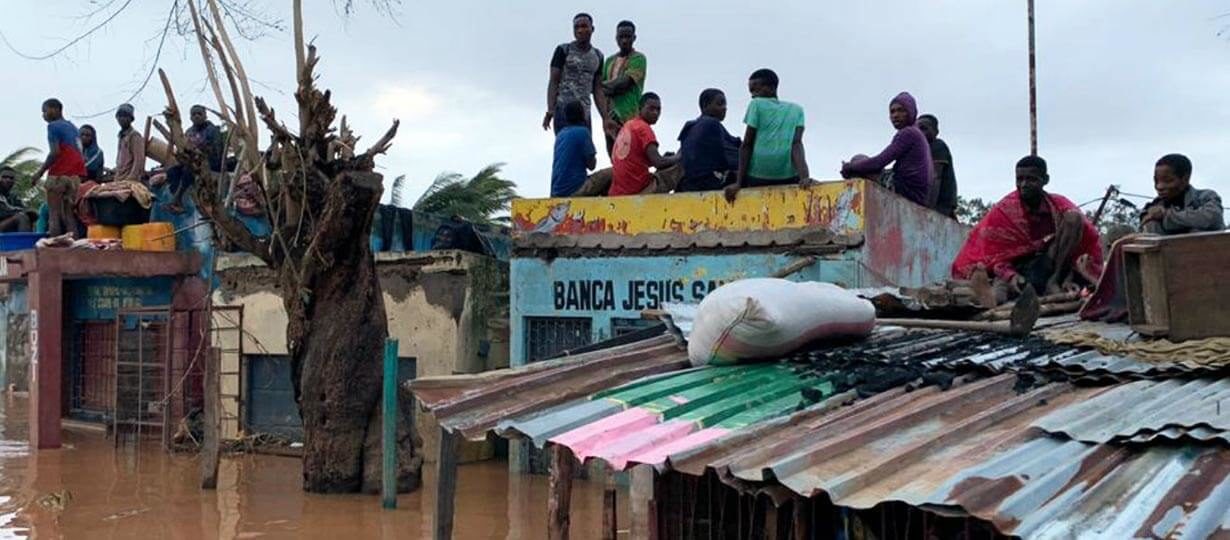
Locals in Buzi district, Mozambique take refuge on the rooftops in the aftermath of Cyclone Idai
In March, Southern Africa was struck by a tropical cyclone that has killed over 750 people and displaced more than 110,000.
Zimbabwe, one of the three countries that has seen devastating loss in the wake of Cyclone Idai, is often prone to dry and difficult conditions that impact food security. Our CEO Susanne Legena has seen first-hand the work we have been doing with communities to save seeds, diversify crops and provide tools to support communities when the rains fail to come. And now, struck by the other weather extreme – an effect of climate change we’ve been warned about for decades now – it’s like starting all over again.
“I met people who no longer identified as poor because they could feed their families and pay for their kids to go to school – all their kids including their daughters. And that has all been washed away by flooding, of all things.” Susanne told us in the aftermath of the cyclone.
Tim Flannery recently said in the Guardian: “Global hunger has increased for the last three years because of extreme weather events, and that follows many decades of improvement.”
That’s utterly devastating. Together as a global community, we have made incredible inroads to end extreme poverty and inequality by acknowledging that it’s our global responsibility.
Climate change is already undoing that.
Climate change is inherently biased against those who are already impacted by inequality. So it’s no coincidence that the movement by school children asking world leaders to take action has been led largely by girls.
“If you’re a victim of a system of oppression, you’re more affected by the climate crisis – that goes for women.” Jamie Margolin, the 17-year-old founder and executive director of Zero Hour stressed in the lead up to the global climate marches.
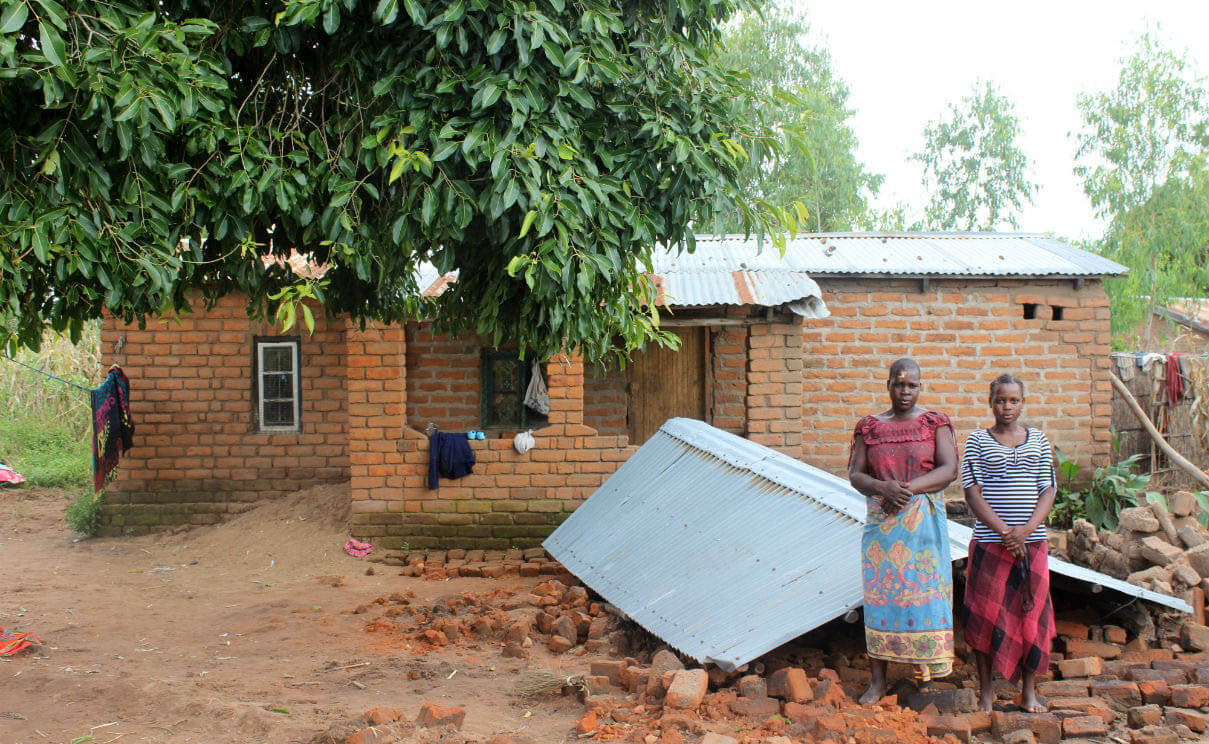
Climate change puts girls at greater risk. They are more likely to be pulled from school as livelihoods are stripped away. They are more likely to suffer malnutrition and illness because they are often fed least and last when there are food shortages. They are more likely to be married as children when income is lost due to extreme weather. They are more likely to suffer violence and abuse when they are displaced by disaster.
And then there’s the flip side.
“This, of course, is the fundamental injustice at the heart of climate change.” Josh Gabbatiss commented in the Independent. “The nations that have been primarily responsible for hauling fossil fuels out of the earth and sending CO2 billowing into the atmosphere to power their expansion are not the ones feeling most of the repercussions. While some cliff side houses in Britain may be lost to the waves, it is unlikely we will experience anything on the scale that Beira in Mozambique has this week – losing 90 per cent of its buildings.”
We are working with communities across Asia, the Pacific and vulnerable parts of Africa who are taking action to mitigate the impacts of climate change. They have action plans in place for when disaster strikes. They are relocating their homes away from the shoreline or migrating to other islands or nations. They are planting mangroves to prevent coastal erosion. They are investing in food security for the future. Children are teaching their parents about the impact of climate change so they can be prepared.
These communities are uprooting their lives and changing their behaviours because wealthy countries have not changed theirs.
So while these projects are fundamental to saving lives in times of disasters, it is up to us to stop our planet reaching the point where disasters are so frequent and severe, that we lose more lives, nations, cultures and futures.
You can support our work to protect lives now and for future emergencies
But we also need global action from our leaders. We need to tell them it will impact our vote. We need to tell them it will impact their hip pockets. We need to tell them we won’t wait any longer. We are citizens of the world and we won’t be leaving people behind.
We’ve come too far and worked too hard to break down the barriers to equality for it to all come undone now. We must stop climate change in its tracks for all humans everywhere.
